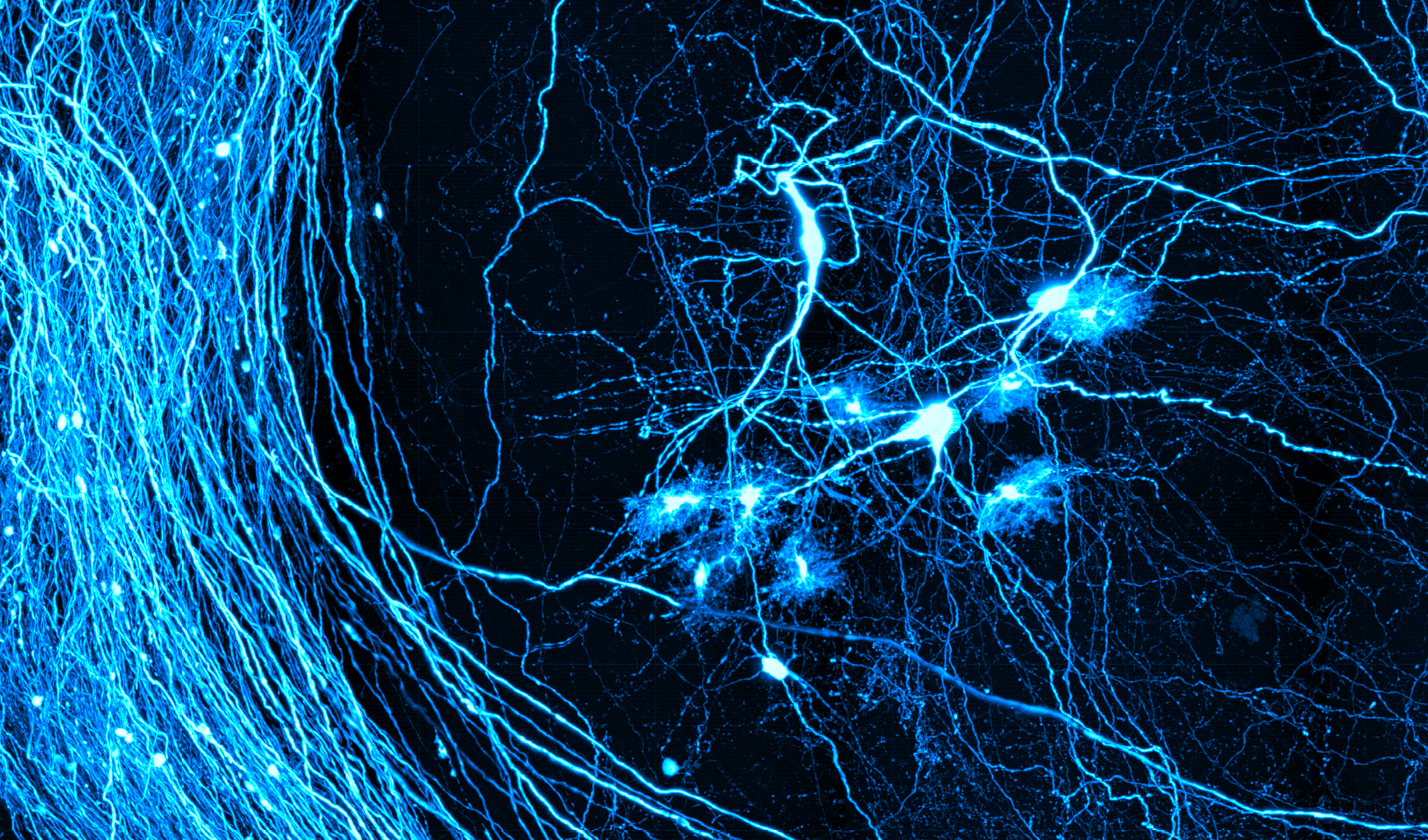Wearable fNIRS/EEG in Neuroscience in Everyday World (NEW)

Key Researchers: David Boas, BU; Alexander von Lühmann, BU; Meryem Ayşe Yücel, BU; Swathi Kiran, BU; David Somers, BU; Alice Cronin-Golomb
Summary: This project links fNIRS signal processing, fNIRS instrumentation and fNIRS in Neuroscience. How a healthy brain works and what can be done to prevent and treat acquired and developmental brain disorders is one of the primary aims of contemporary neuroscience research. The only way to catalyze such innovative scientific breakthroughs is to integrate multi-disciplinary teams that can enhance current neuroscience technologies and apply them to healthy and clinical populations rapidly and effectively. While we better understand how the brain functions in single-snapshot experiments under restricted lab settings, we do not know how it works in dynamic, complex and multisensory real-world environments. The challenge to pushing this important work forward is to have the capability to continuously track human brain function and behavior in real time to understand how a healthy brain works and how and when failures in simple human actions occur. Our “Neuroscience of the Everyday World (NEW)” technology will make this possible and bring about a revolution in functional brain imaging as big as that brought about by fMRI.
Publications: A. von Lühmann, B. B. Zimmermann, A. Ortega-Martinez, N. Perkins, M. A. Yücel, and D. A. Boas, “Towards Neuroscience in the Everyday World: Progress in wearable fNIRS instrumentation and applications,” in Biophotonics Congress: Biomedical Optics 2020 (Translational, Microscopy, OCT, OTS, BRAIN), OSA Technical Digest (Optical Society of America, 2020), paper BM3C.2.
